Hybrid & Electric Vehicles
Latest about Hybrid & Electric Vehicles
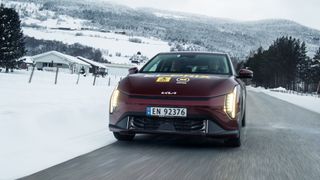
These are the top 10 hardiest EVs, according to a brutal winter test
By Leon Poultney published
The Norwegian Automotive Federation tested some of the top-selling EVs to see how they performed in extreme weather conditions.
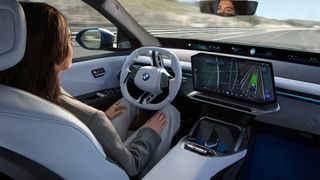
BMW doubles down on its divisive car subscription features
By Leon Poultney published
BMW will continue to offer features via subscription, despite a very public backlash against its heated seats
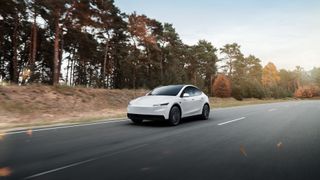
Tesla ditches the luxuries but is generous on the performance in new Model Y
By Leon Poultney published
Tesla adds a cheaper Model Y all-wheel-drive option to the line-up to help boost sales, but will it be enough for the failing brand?
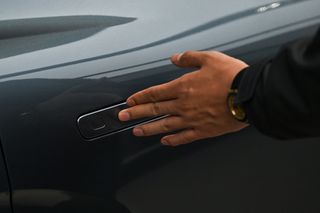
Tesla-style concealed door handles have been banned in China – here's why
By Leon Poultney published
Tesla's one-innovative door handle design comes under scrutiny by safety experts, as China bans the technology altogether.
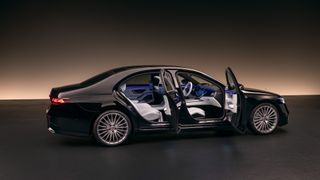
Honda and Mercedes-Benz declare war on potholes with clever innovations
By Leon Poultney published
Honda harnesses its sensor tech to spy on potholes for the government, which could help to fix busted roads.
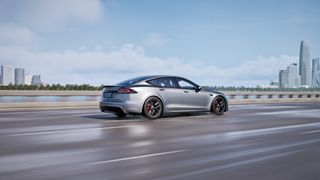
Tesla kills the Model S and Model X – as EV pioneer pivots into robotics
By Leon Poultney published
Elon Musk says Tesla will cease producing the Model S and Model X later this year, as focus shifts to robotics and AI.
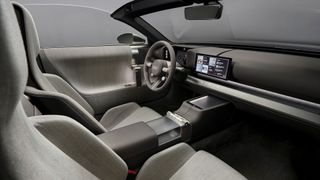
Audi declares war on ‘giant iPad’ dashboards and hints at analog buttons
By Leon Poultney published
Audi's design boss sees a return to analog switches and dials for the brand, as massive screens aren't the answer.
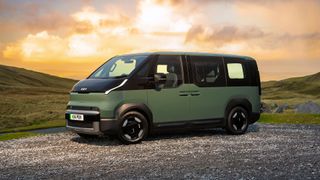
EVs just outsold gas-powered cars for the first time in Europe – here's why
By Leon Poultney published
EVs outsell petrol cars for the first time. Is this the death knell for fossil fuels?
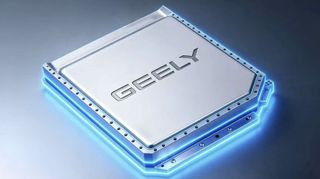
The end of range anxiety? Geely makes solid-state battery breakthrough
By Leon Poultney published
Geely will commence production of its debut solid-state battery pack this year, edging closer to a 650-mile electric range.
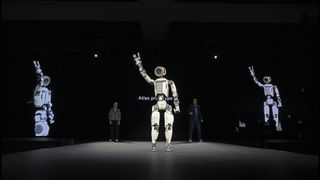
‘The robot never gets tired’: Hyundai explains why its Boston Dynamics Atlas robot is ready to take over factories, but not your home
By Leon Poultney published
Hyundai and Boston Dynamics revealed plans to build 30,000 humanoid robots each year. Here's why they think its the future of manufacturing.
Sign up for breaking news, reviews, opinion, top tech deals, and more.